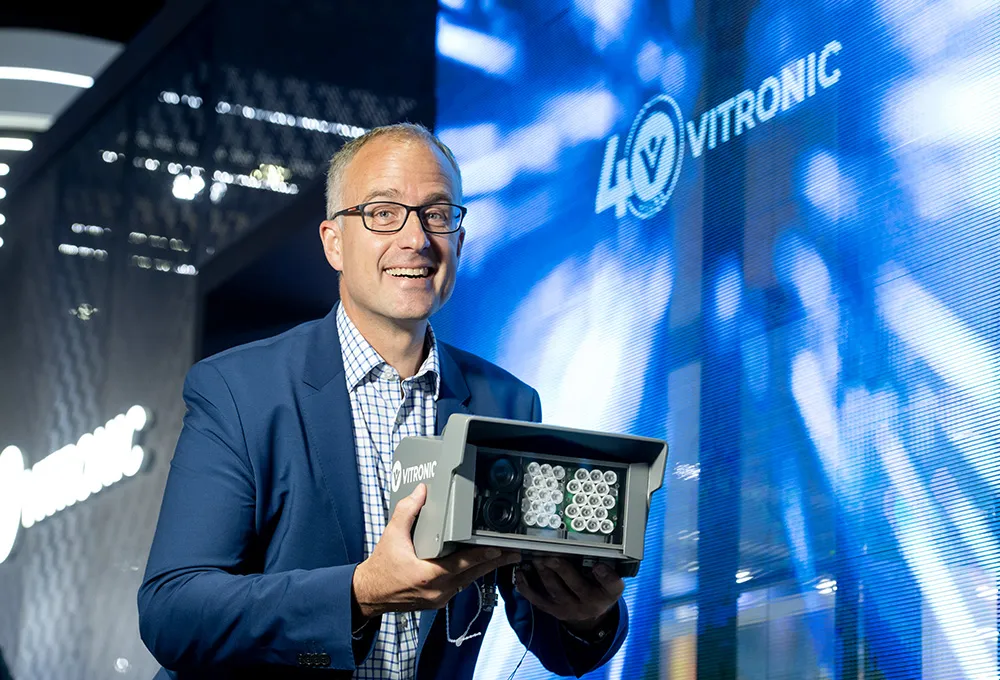International technology company
Continental expects the partnership to yield findings on the use of artificial intelligence methods, including in the areas of automated and autonomous driving, the improvement of future vehicle access systems, accident minimisation through intelligent warning systems, and the sensitive dialogue that will take place in the future between drivers and vehicles – between humans and their machines.
The first phase of the proposed three-year partnership began in early November 2016 and includes new postdoctoral research positions at Oxford. There are plans to extend the research scope and the time frame at a later date.
Continental and Oxford University jointly researching artificial intelligence
International technology company Continental and the Department of Engineering Science at the University of Oxford are now conducting joint research in the field of artificial intelligence in a partnership which will focus on the possible uses and development of artificial intelligence algorithms, which have the potential to further enhance future mobility applications. These deep-learning algorithms have the potential to deliver future visual object detection and human–machine dialogue.
November 11, 2016
Read time: 2 mins









